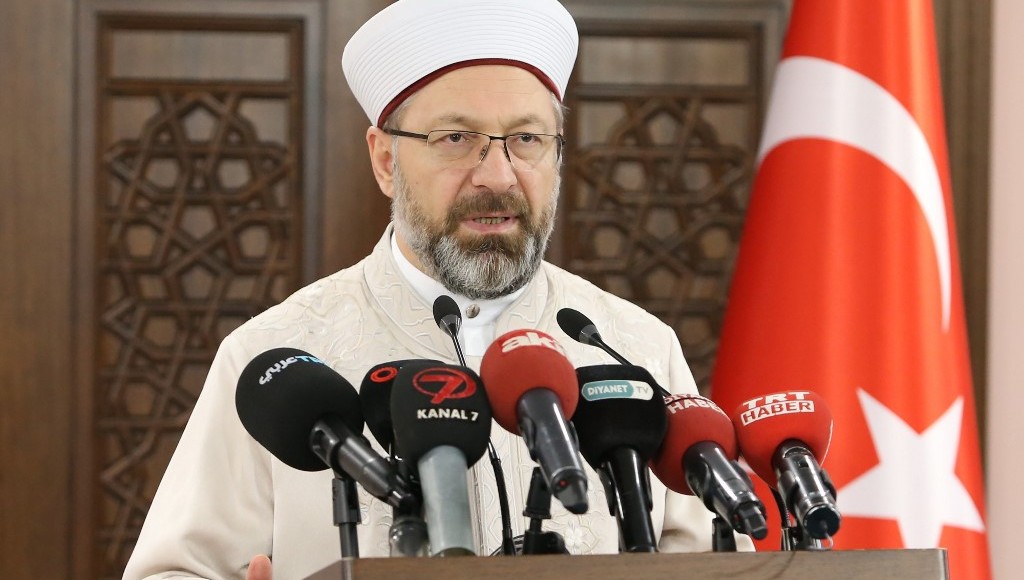Turkey’s Religious Affairs Directorate has instructed muftis to promote during Friday sermons the selection of religion-related classes as elective courses in middle and high school, the ANKA news agency reported on Wednesday.
The directorate said in the written notice, requested by the Education Ministry, it sent to all 81 of its provincial directors, also known as muftis, that they should call on citizens during Friday sermons, which are attended by most Muslim men in Turkey, to urge their children in middle and high school to choose one of the classes on religion as an elective.
“Let’s show the necessary sensitivity for our children to choose these lessons. Let’s not forget that it is our responsibility to ensure that our darlings, which are entrusted to our care by our God, are brought up as generations living in line with Allah’s consent,” the muftis were asked to say, according to ANKA.
The elective courses that will be determined between Jan. 3-21 include such religion-related courses as “The Quran,” “The Life of The Prophet” and “Basic Religious Studies.”
The nature of education in Turkey has always sparked debate, especially after the rise to power of the Islamist Justice and Development Party (AKP). Co-founder of the AKP and current President Recep Tayyip Erdoğan often refers to raising a “religious generation,” which sets off secularist alarm bells in the country.
The Religious Affairs Directorate is supposed to be apolitical, according to the constitution, but in recent years it has been increasingly politicized under the AKP government, to the extent that Erdoğan compared the staff and imams of the directorate to “members of the army” in 2018.
The Turkish government has been accused of incorporating political issues into Friday sermons and using the directorate as an instrument to silence dissent and cover up wrongdoing.
The 2022 budget of the directorate is TL 16.1 billion ($1.16 billion), with a TL 3.2 billion increase over its 2021 budget, and is far larger than the budgets of seven out of 17 ministries in the country.

